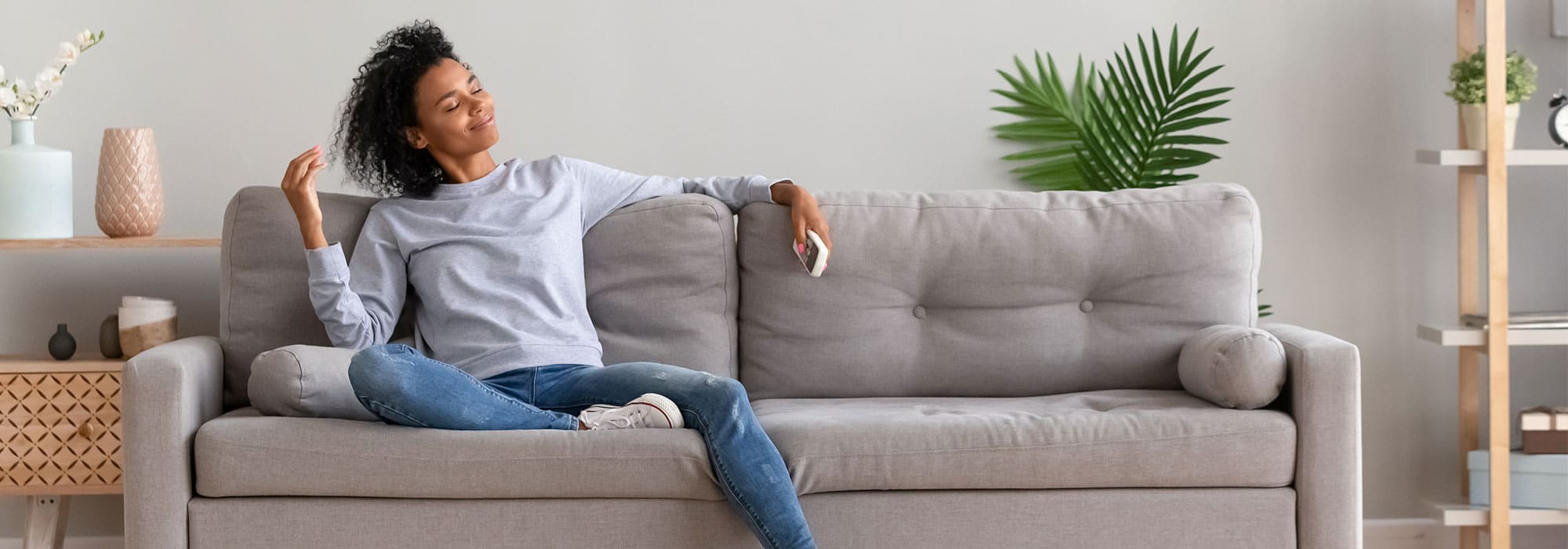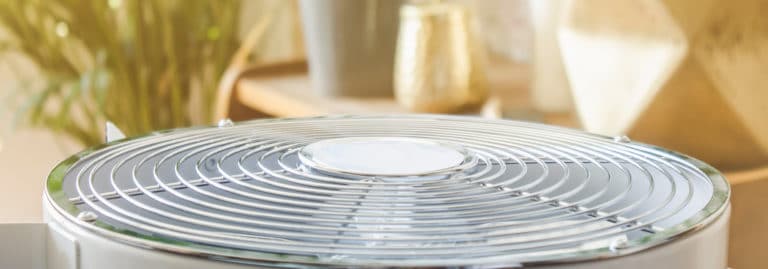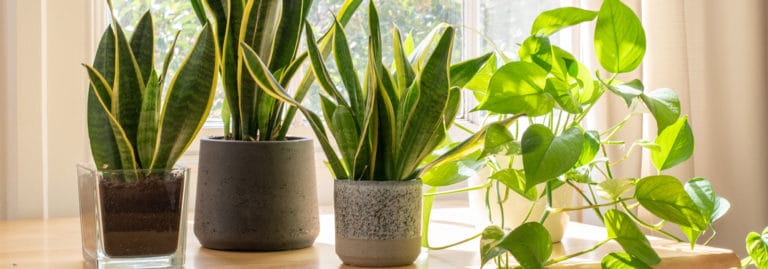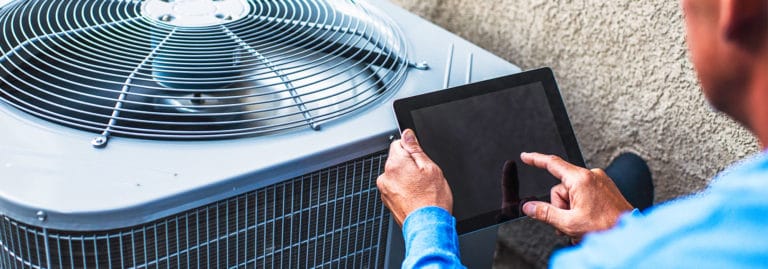Three Ways Your Air Conditioner Can Improve Indoor Air Quality
If you ask the average homeowner about whether the air inside their home or outside their home is better in terms of quality, the overwhelming majority of Americans will say the air inside is better than the air outside. However, the overwhelming majority of Americans are incorrect. In fact, in the average American home, the air can be as much as ten times worse than the air outside. This is because your home is full of factors like odors which you’ve become accustomed to, pets that shed or produce dander, accumulating dust, hidden mold colonies, and much more.
What you may also not realize is that your single biggest ally in the fight against bad indoor air quality is not a massively expensive supplementary air cleaning system that you may not even think you need—your air conditioner can do many things to improve the quality of your indoor air with little to no modifications whatsoever!
Air Filtration
Both your furnace and your air conditioner require that air is pulled in to your system using a blower fan, but before it’s pulled through with said fan, it has to pass through an air filter. This air filter is largely responsible for removing all types of airborne hazards in your home. Pet hair and dander? Yes. Dirt and dust? Yes. Mold and bacteria? Indeed. Even microscopic organisms can be filtered out by your air filter, leaving you breathing cleaner, fresher air.
Why Do Air Filters Need To Be Replaced?
Your air filter will fill up with debris over time, and when it does it loses its ability to pass air through into your system as well as filter out more debris that comes in. As a result, you need to change out your air filter ever so often in order to ensure it continues to operate at maximum capacity.
How Often Should Air Filters Be Changed?
You should check your air filter once a month and change it as needed, depending on the type of air filter and if someone in the home suffers from asthma or allergies. A home with more occupants and multiple pets will probably need filter changes every few months. While a single-occupant residence that sees little use won’t need to replace the filter as often, typically every 6 months.
Dehumidification
Florida summers are known for being hot, muggy, and full of sticky humidity. When it’s blistering hot outside, the last thing you want is the humidity from outside to follow you in and make the inside of your home as uncomfortable as the outside. Fortunately, your air conditioner takes care of that. By using a principle known as “evaporative cooling,” your air conditioner actually extracts humidity from the air while simultaneously cooling it. As a result, the cooler air that’s sent back into your home is actually drier and more comfortable.
What Is Humidity?
Humidity is water in its gas form, and when this gas reaches a certain temperature, it turns back into the liquid state. Have you ever left a cup of ice water on a table for a few minutes and then come back to find the side of the glass is covered in water droplets? Your cup isn’t leaking—it’s actually collecting humidity out of the air. When the vapor in the air makes contact with the glass, it cools to the point where it changes back to a liquid and accumulates on the side of your glass. Your air conditioner does the same thing—the metal coils are full of cold refrigerant, and they extract humidity from the air forced over them by your blower motor, leaving the air cool and dry when it’s forced through your vents and back into your home.
Odor Removal
Are you sick of bad odors in your home? Are you so sure that your home is odor-free? Believe it or not, a number of foul odors may exist in your home that you’ve simply become accustomed to and don’t notice anymore. Your air conditioner can help with this too. We’ve already discussed the importance of your air filter, and the truth is that your filter could be catching a number of different things that lead to the foul smells in your homes like dust and pet dander. However, you may also have odor problems from airborne bacteria or mold. This is not all that uncommon in particularly humid climates like Florida. There’s a fairly easy solution to this: an ultraviolet air scrubber.
What Do Air Scrubbers Do?
Air scrubbers are essentially a lamp that emits ultraviolet light over the air that’s brought in through your return vent. This light vaporizes microscopic organisms like mold spores and bacteria, rendering them inert. This can even help cut down on airborne hazards or the spread of mold colonies!
Need Indoor Air Quality? Talk to your air conditioning repair experts at Airrific Air Conditioning & Heating today! Call (941) 371-3355.







